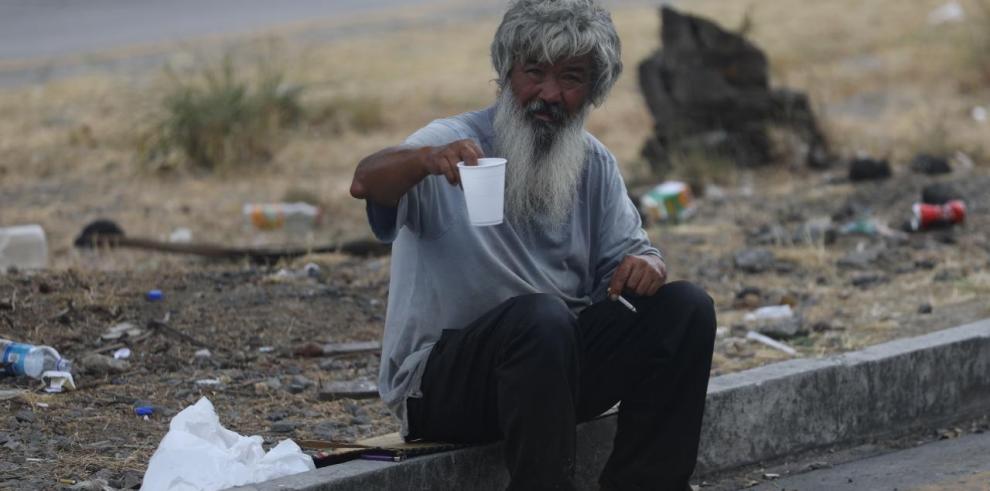Homeless: Growing as well as being forgotten
- By : James Bryson
- Category : Housing, Human Interest

Homeless people are also another relevant factor in the 2020 National Census, carried out this year by the National Institute of Statistics and Census (Inec).Gilberto Sánchez, national coordinator of the special registration, explained to this outlet that this Monday the sweep directed at this population ends, which spread through provinces such as Colón, Panamá Oeste and the Guna Yala Region, to name a few.He announced that the unofficial results showed that Panama is the province with the greatest presence of people living on the streets, reaching some 400.The busiest areas were Santa Ana, Calidonia, Curundú and part of Bella Vista. To a lesser extent were Pacora, Chilibre and San Miguelito.To serve this population, the Inec only applied chapter five, which included 27 population data questions, of which 21 were addressed to men and 27 to women. The most frequent questions were name and identity card, general data, educational and economic characteristics, fertility, disability, self-recognition of Afro-descendants and indigenous people. Foreigners were also included in this process.Sánchez reported that a special registration team made up of 33 people was formed, who received the same training as a regular census taker in the methodological part, but with instructions for approaching the population living on the streets. The field operation took between six or seven weeks. During this period, the Inec detected that homeless people choose to live under pedestrian or vehicular bridges; have a physical, visual or hearing disability; they live in large groups; They did not notice the presence of minors. Among the curiosities found, the national coordinator of the special registration revealed cases where people have their identity cards, answer the entire questionnaire and even those of economic income.It is not the first time that the population living on the streets has been censused, since this same procedure was carried out in 2010. However, Sánchez recalled that the data collection process for that year was quite complex because they only had one day and, by then, there were fewer people living on the streets.”Now we have tried to have the capacity to cover everything at the same time and working with several teams,” said the national coordinator of special registration, who indicated that “the census data is important because with it it will be possible to create public policies to better provide attention to these people who should not be labeled or excluded from society”.



No Comments